Antitrust Lawsuit Against Microsoft 2025: A Comprehensive Overview
Antitrust Lawsuit Against Microsoft 2025: A Comprehensive Overview
Related Articles: Antitrust Lawsuit Against Microsoft 2025: A Comprehensive Overview
Introduction
In this auspicious occasion, we are delighted to delve into the intriguing topic related to Antitrust Lawsuit Against Microsoft 2025: A Comprehensive Overview. Let’s weave interesting information and offer fresh perspectives to the readers.
Table of Content
Antitrust Lawsuit Against Microsoft 2025: A Comprehensive Overview
Introduction
In 2025, the United States Department of Justice (DOJ) filed a landmark antitrust lawsuit against Microsoft Corporation, alleging that the tech giant had abused its dominant position in the technology industry. This lawsuit marks a significant escalation in the government’s efforts to rein in the power of large technology companies.
Allegations
The DOJ’s complaint alleges that Microsoft has engaged in a series of anti-competitive practices, including:
- Tying: Bundling its Windows operating system with other Microsoft products, such as the Office suite, making it difficult for competitors to enter the market.
- Exclusive dealing: Requiring computer manufacturers to pre-install Windows on their devices, limiting consumer choice.
- Predatory pricing: Offering Windows at below-cost prices to drive out competitors.
Impact
The antitrust lawsuit has far-reaching implications for Microsoft, the technology industry, and consumers. If the DOJ’s allegations are proven, Microsoft could face significant fines, divestiture of assets, and changes to its business practices.
The lawsuit also sends a strong message to other large technology companies that the government is willing to take action to address concerns about anti-competitive behavior.
Benefits
The antitrust lawsuit against Microsoft has several potential benefits:
- Increased competition: Breaking up Microsoft’s monopoly could create opportunities for new and innovative companies to enter the technology market.
- Lower prices: Competition can drive down prices for consumers, making technology more affordable.
- Greater consumer choice: Consumers would have more options to choose from when purchasing technology products and services.
FAQs
Q: What is antitrust law?
A: Antitrust laws are designed to promote competition and prevent monopolies. They prohibit companies from engaging in anti-competitive practices, such as price-fixing, collusion, and predatory pricing.
Q: Why is the DOJ suing Microsoft?
A: The DOJ alleges that Microsoft has engaged in anti-competitive practices that have harmed consumers and stifled innovation.
Q: What could happen if Microsoft is found guilty?
A: Microsoft could face fines, divestiture of assets, and changes to its business practices.
Tips
- Stay informed: Follow the latest developments in the antitrust lawsuit against Microsoft through reputable news sources.
- Consider your options: If you are a consumer who has been affected by Microsoft’s alleged anti-competitive practices, you may have legal options available to you.
- Contact the DOJ: If you have information about Microsoft’s anti-competitive behavior, you can contact the DOJ’s Antitrust Division.
Conclusion
The antitrust lawsuit against Microsoft 2025 is a significant event that could have far-reaching implications for the technology industry and consumers. By addressing concerns about anti-competitive behavior, the government is sending a clear message that it is committed to promoting competition and protecting consumers.

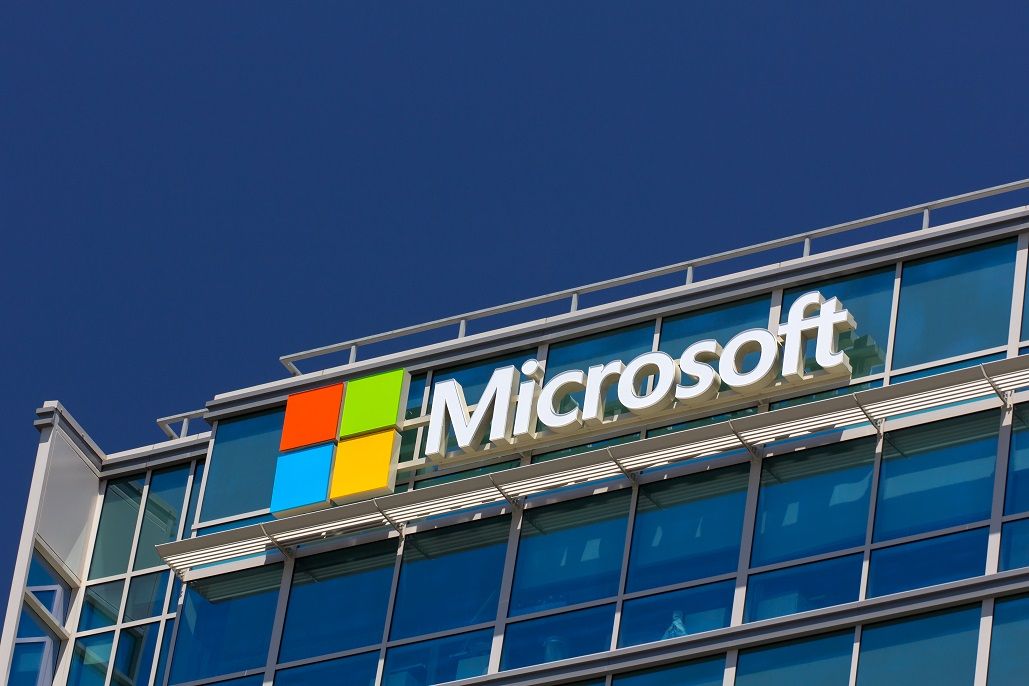
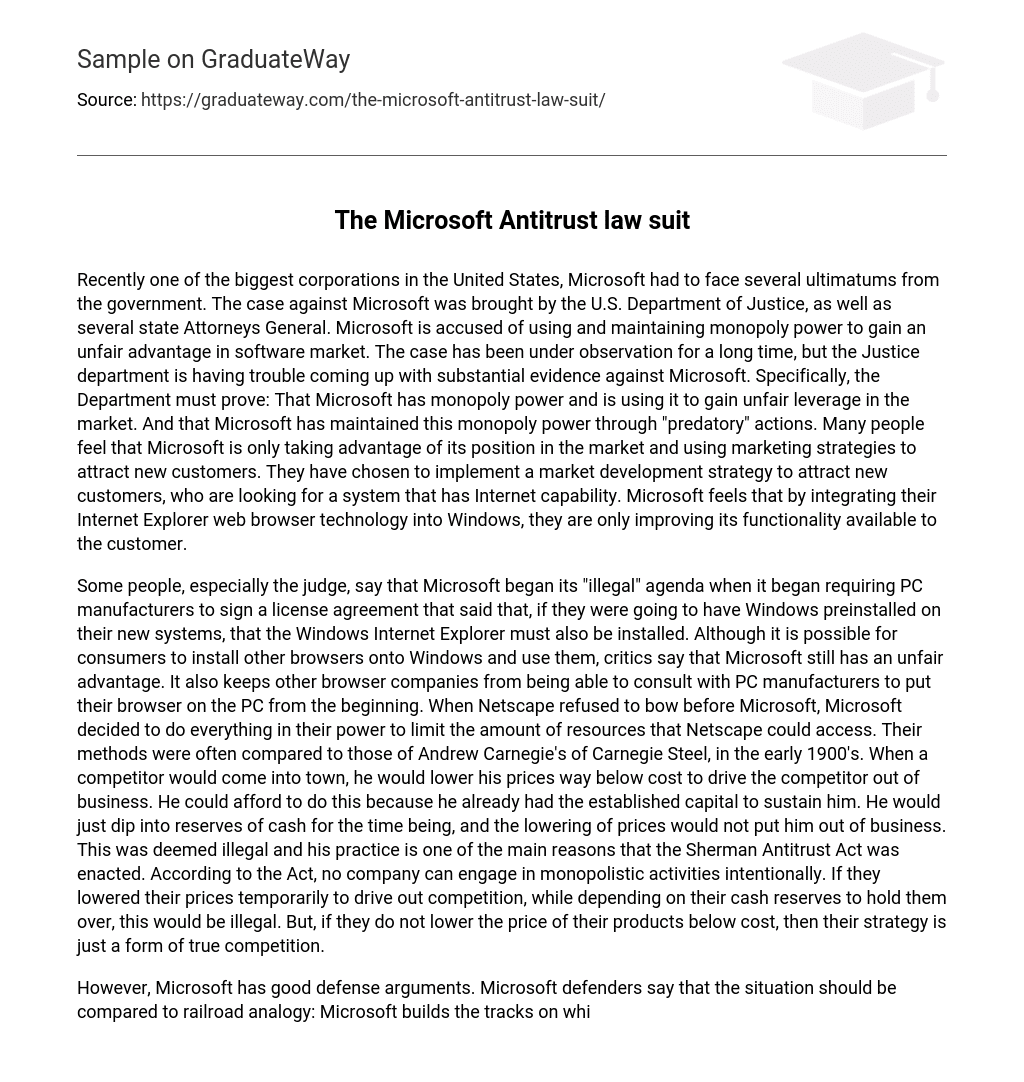
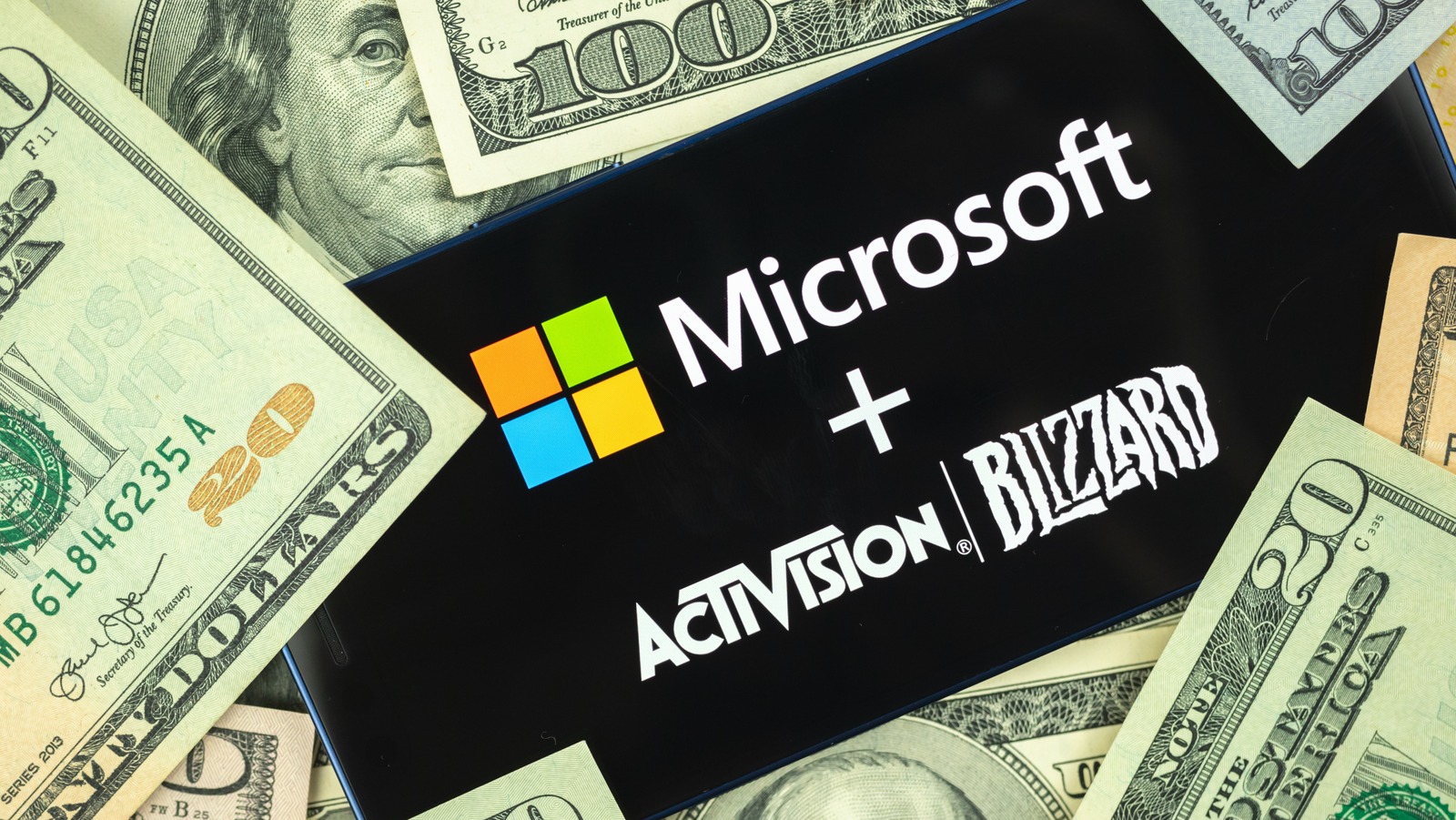
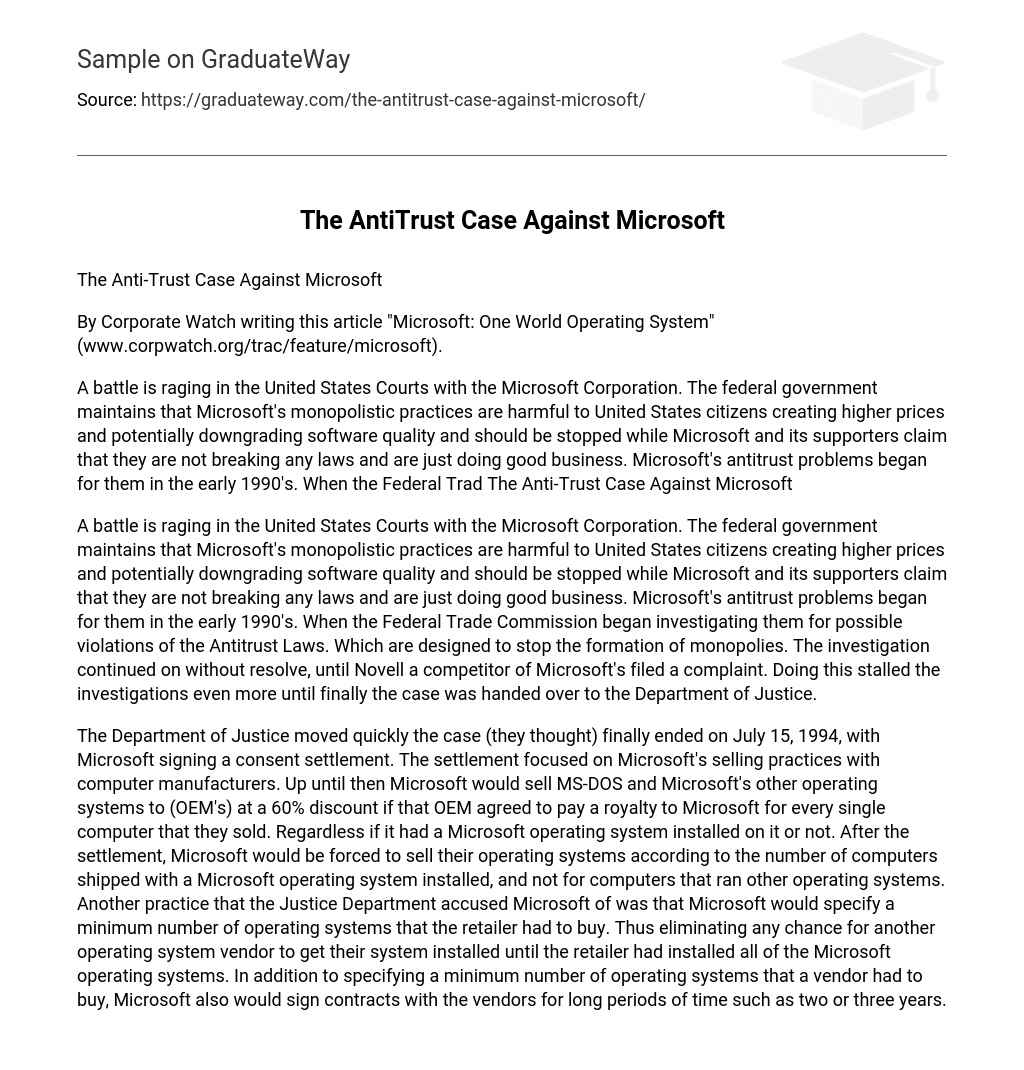
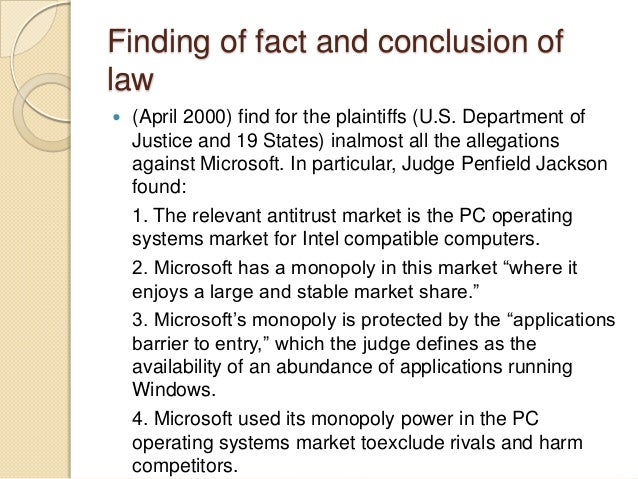
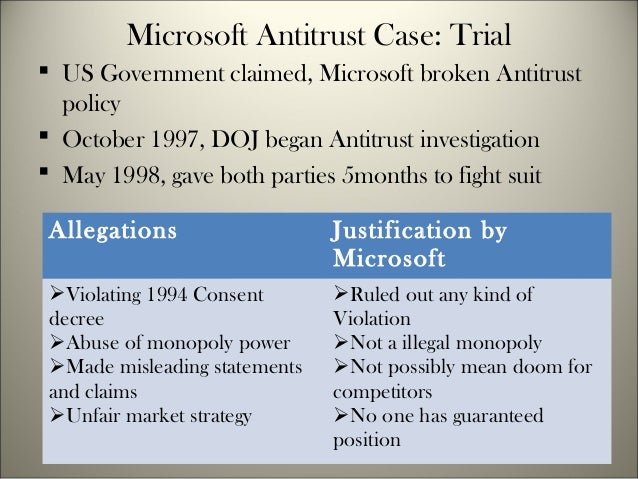
Closure
Thus, we hope this article has provided valuable insights into Antitrust Lawsuit Against Microsoft 2025: A Comprehensive Overview. We thank you for taking the time to read this article. See you in our next article!

